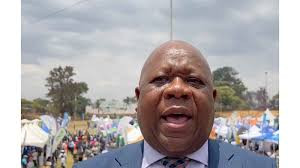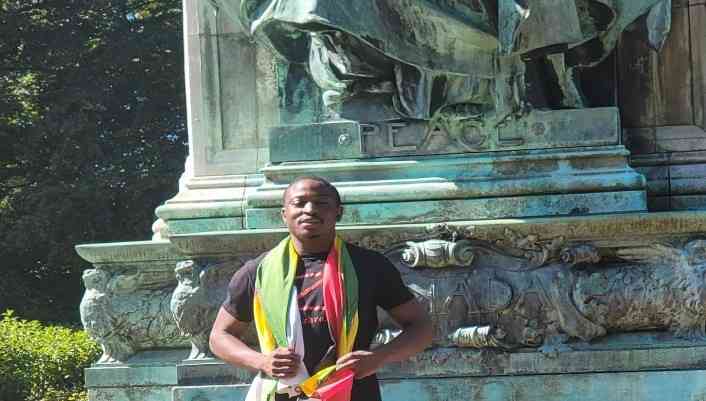
The streets of South Africa’s coastal city of Durban resembled a war zone on Tuesday as law enforcement agents tried to stop running battles between locals and foreigners.
NewsDay Editorial
Durban is the biggest city in KwaZulu Natal province, the latest flashpoint for hate crimes against foreigners living in South Africa. As many as five people are reported to have died since the violence against fellow Africans flared up in the province allegedly after Zulu King Goodwill Zwelithini demanded that foreigners should leave that country.
The scenes of angry mobs and wanton looting of shops is a stark reminder of the 2008 xenophobic attacks that gripped South Africa, leaving 60 people dead.
A sizeable number of the victims at the time were Zimbabweans who sought refuge in that country due to unrelenting economic problems back home.
The situation in the Durban townships and other areas around KwaZulu Natal remains tense and the security of foreigners appears not guaranteed as the mobs continue their rampage.
Foreign nationals especially from Nigeria, Ethiopia, Somalia and Malawi have been forced to seek sanctuary at camps after they were driven out of their homes.
The condemnation of the attacks has reached a crescendo on social networks especially among Zimbabweans.
- Chamisa under fire over US$120K donation
- Mavhunga puts DeMbare into Chibuku quarterfinals
- Pension funds bet on Cabora Bassa oilfields
- Councils defy govt fire tender directive
Keep Reading
Information minister Jonathan Moyo and his Environment counterpart Saviour Kasukuwere are some of the notable government officials that have been very vocal on Twitter against the attacks. Moyo has gone as far as blaming King Zwelithini for the anti-foreigner sentiments.
The minister has also told the South African government in no uncertain terms that it has an international obligation to contain the situation and protect the foreigners that are under siege.
A growing lobby has been calling for a boycott of South African artistes billed to perform in Harare and Bulawayo in the coming few days to show Zimbabweans’ disgust at the attacks.
The anger is justifiable as the South African mobs have no right to be hounding fellow Africans from their political and economic refuge. Hate crimes are barbaric more so when Africans are pitted against each other.
However, condemnation alone is not enough and Zimbabwe has to do something urgently about its citizens caught up in the violence. If Somalia, a so-called failed State, can offer to repatriate its citizens in South Africa, what stops Zimbabwe from doing the same?
Somalia and Malawi have offered to repatriate their citizens who no longer feel safe in South Africa and are ready to return home. Such a proactive approach has been lacking on the Zimbabwean side despite the fact that we have without doubt the highest number of economic refugees numbering over three million people who are targets of these raging gangs.
One wonders why Sadc and African Union chairperson President Robert Mugabe has not publicly condemned the attacks against fellow Africans. Could it be that he is constrained by his own past especially when he encouraged the attacks on white former commercial farmers at the onset of the fast-track land reform programme in the country from the year 2000?
It is time government activated its disaster management mechanism and at least be ready to receive traumatised victims of the senseless attacks at the country’s borders.
Some of the returning residents will also need to be assisted with travel documents because a considerable number of them are in that country illegally.
Once the mayhem subsides, Zimbabwe needs to reflect on why so many of its people are seeking refuge in a country where they are not wanted. Zimbabweans were among the worst affected in the last xenophobic attacks in South Africa.
The attacks have been blamed on frustrations over lack of jobs in a country where unemployment is estimated at 25%. The general feeling among South Africans is that foreigners steal their jobs and take away opportunities.
Zimbabwe has to have its economy working again so that its citizens are not hunted like animals in foreign lands. The xenophobia is not only a shame for South Africa, but for the continent at large. Clearly, South Africa cannot eradicate this scourge on its own.











